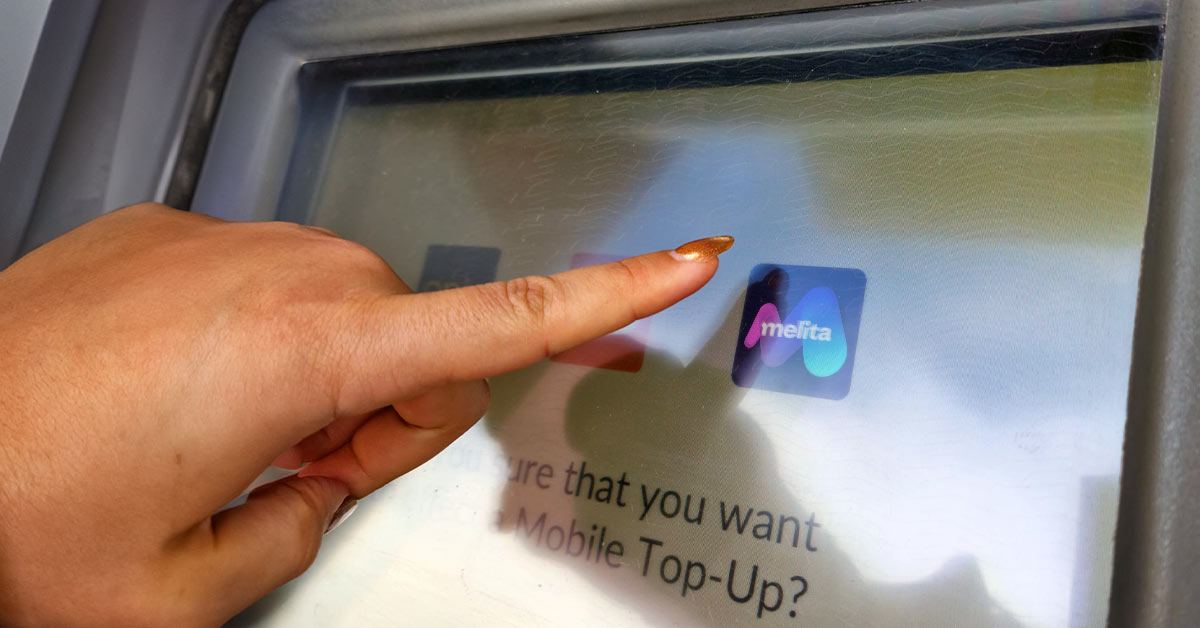
In recent years, sustainability has gone from a concept that was discussed in passing to a front and centre point of emphasis in the telecom industry. More and more, companies are realising that sustainability needs to be a strategic priority. Rising energy costs, rapid industry growth and increased customer focus on doing business with responsible companies have all contributed to this trend.
The arrival of the pandemic saw a surge in telecommunications services and digital demand. This accelerated demand was quickly followed by soaring energy costs, which had a big impact on energy costs across sectors, including the telecom industry. If they hadn’t already, telecom companies realized that sustainability – and in particular energy management and efficiency – was an absolute priority if they wanted to protect their future profitability. Across regions, regulatory initiatives and reporting requirements – both current and forthcoming – further emphasised the critical nature of sustainability in our rapidly changing world.
The Importance of Sustainability in the Telecom Industry
During the pandemic, telecom companies experienced unprecedented demand as consumers sought refuge in online entertainment and remote working became the norm. As a result, their demand for energy soared. It was clear that energy efficiency had to quickly become a top-level strategic priority. As part of those strategic initiatives, telecom companies are taking steps to quickly implement energy-saving strategies and to transition to energy sources that are renewable.
Another area of opportunity regarding sustainability is the amount of e-waste that is generated annually by all of us. For any of us to communicate with someone in the next room, or the other side of the world, numerous electronic devices need to leap into action, from switches to routers to smartphones. Globally, e-waste levels across all industry sectors continue to soar, and four years ago had already reached 53.6 metric tonnes. Telecom operators who are serious about their sustainability strategy are also serious about reducing their e-waste – not only those used in their networks but also throughout their supply chain: checking the provenance of their hardware, refurbishing and reusing equipment, giving incentives for customers to properly dispose of and recycle devices. Agressively adopting sustainability practices in the area of e-waste not only makes sense for the environment, it can also realise significant costs savings.
The Advancement of Green Protocols in the Telecommunications Industry
In the past, sustainability was sometimes treated as a cost item assigned to an obscure department within a telecommunications company. Now, telecom leaders understand that they must balance economic profitability with the wellbeing of people and protecting the environment. Planet, people and profit is the triple bottom line that considers immediate and future returns. Soaring energy prices, global climate events and supply chain issues have made sustainability a strategic and market-driven priority even in companies which were less convinced of the need to think of the wider impact of their business activities.
Within the telecom industry, companies are not just talking about sustainability and setting goals, they are meeting those goals and taking aggressive steps to embrace this new reality.
Melita’s Commitment to a Sustainable Future
Melita is committed to shaping and enriching the future, digitally. Our leading-edge technologies are designed to help Malta’s diverse society connect, advance and grow, all the while taking key steps that minimise our impact on the environment. Our mission is to deliver communications products that satisfy our customers and rank top tier in Europe for both price/performance and for quality of customer service.
We have defined our strategy in sustainability areas where we believe we can have a positive impact, considering the aspects of Environmental, Social and Governance (ESG) operations which are most important to our employees, our customers, and Maltese society.
Melita’s goals and values are reflected in our ESG four pillars:
- Contribution to Society
Being a technology leader that helps sustain and enable progress in our diverse society.
- Caring for Employees
Continuous improvement in care for employees, inspiring us to drive our values and purpose.
- Caring for Customers
Having the happiest customers of any telecommunications provider in Malta.
- Caring for our Planet
To continuously reduce our environmental footprint to Net Zero.
Innovation and Technology Driving Sustainability in Telecom
The drive to sustainability is being helped by new technologies such as renewable energy sources and energy-efficient network equipment. These technologies are crucial, as telecom operators are seeing dramatically increased digital demand and a parallel increase in their energy needs. Globally, over 100 telecom companies have committed to the Science Based Target Initiative goals to reduce greenhouse gas (GHG) emissions in line with the Paris climate accord, Melita is one of only 20 SMEs which have made such commitments in Europe. Some companies are significantly reducing their emissions as they set up remote sites served by self-sufficient and renewable energy sources like wind, solar and hydrogen, some are investing in carbon capture projects, others, like Melita are doing both.
For a major telecom company, some 70 to 90 percent of energy consumption occurs at the network level, mainly from their radio access network (RAN). AI can offer the potential for significant energy-savings across the network, due to its ability to analyse significant volumes of data related to real-time demand, traffic and availability of network resources. AI can then make quick, timely decisions about resources that can be shut down or moved to sleep mode temporarily, helping save energy. IoT (Internet of Things) sensors can also provide key information that can be used to further reduce energy usage. Retiring 2G and 3G networks, and fully implementing 5G will also reduce energy consumption and the corresponding carbon footprint.
Regulatory Influence on Sustainability in the Telecom Sector
Governmental regulatory agencies are also stepping in to advance sustainability, and to exercise control in making sure it is properly reported. The Sustainable Finance Disclosure Regulation (SFDR) of the EU is designed to improve the transparency of filings on sustainable investment products, and to increase investor comfort in sustainability claims. The main provisions of the SFDR have been in place since 2021.
The EU Commission is now expanding the SFDR to encompass more businesses, the Corporate Sustainability Reporting Directive, or CSRD, demands additional sustainability reporting from 2025 onwards . This initiative amends the Non-Financial Reporting Directive to help assure that covered entities provide comparable and consistent information on sustainability.
The Role of Consumers in Pushing for Sustainability in Telecom
Over the years, consumer awareness about environmental issues has been growing. In many countries, research shows that consumers are increasingly interested in supporting companies that have similar core values to theirs and, as such, are one of the levers to push sustainability across the board, including driving sustainability in the telecom industry.
By employing key strategies telecom companies can advance their sustainability initiatives, drive brand growth and improve their bottom-line profitability – all at the same time. Telecom companies can employ cutting-edge AI and IoT to help optimise their networks and reduce their energy costs and use. By implementing renewable energy strategies, they can accelerate their drive to the goal of Net Zero emissions. By improving recycling rates and lifetime usage for smartphones and other devices, they can also help to reduce e-waste and extend sustainability throughout the supply chain.






